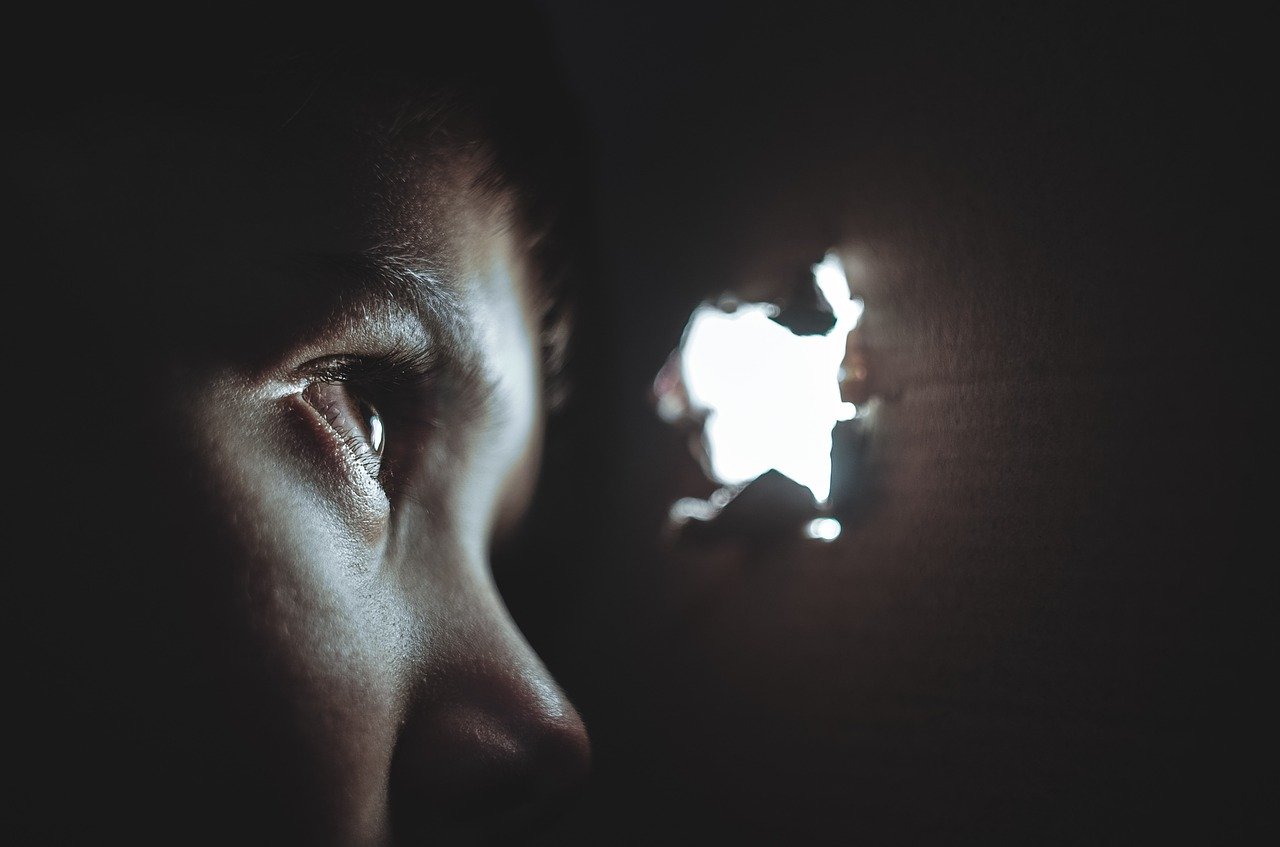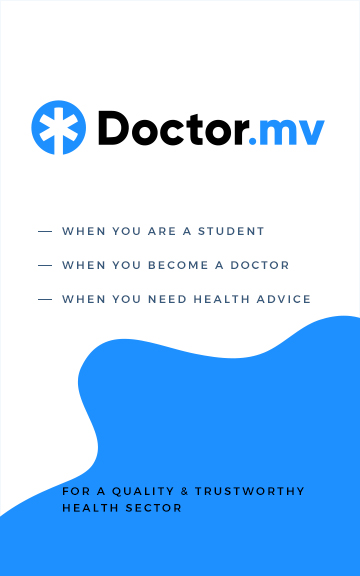
Children are a blessing to parents. It is the responsibility bestowed upon them to properly look after the child and make sure that he/she is brought up well until they are able to look after themselves.
While some are kept away from this blessing, others not fulfilling their responsibilities is a sight that brings us to tears. Protecting our children is not only up to the parents, but it is a liability that clouds over the whole society. Parents, families, friends, teachers and neighbors all have their duties in a child’s life.
As our children grow up, teaching them “good touch” and “bad touch” is not enough anymore. Rather, experts say that it is best to teach our children areas of the body that one should not touch, and the real names of these areas.
Child sexual abuse victims are shown to bring drastic changes to their lives. If we observe closely, the signs can be clearly seen, even in young children. Even if we cannot see any effects from the outside, their mental health takes an unfixable toll. Without access to health care, belief from loved ones and support from the community, it can lead to serious mental health consequences.
Researchers at the University of Birmingham studied GP records dating between 1995 and 2018 of 217,758 patients aged under 18 who had experienced, or were suspected to have experienced, childhood maltreatment or related concerns, and then compared them to the records of 423,410 patients who had not.
The results showed that children who were maltreated were twice as likely to develop serious mental illness such as psychoses, schizophrenia and bipolar disorder, compared to those who had no history of childhood maltreatment.
In addition, according to RAINN, a network working against rape, abuse & incest, child abuse victims are three to four times more likely to suffer from post-traumatic stress (PTSD), depression, and even the consumption of dangerous drugs.
These victims suffer in silence, and one of the reasons is the fear that others will believe in them. While they suffer, their perpetrators continue with their normal lives.
Survivors of sexual violence are at a higher risk for anxiety, PTSD, depression, eating disorders, dissociative and personality disorders. According to America’s National Violence Against Women Prevention Research Center, reports show that the survivors are 26 times more likely to abuse drugs.
These survivors require access to mental health resources and most importantly, belief. We as family, friends, health care providers and Maldivian citizens, need to support, believe and love those who have been victimized.
Survivors need easy access to sexual violence reporting sources, recovery centers, counseling and mental health resources.
Moreover, we need to speak out more and start saying “I believe”, to give the victims enough courage to come out with their story.



Leave a comment
0 Comments